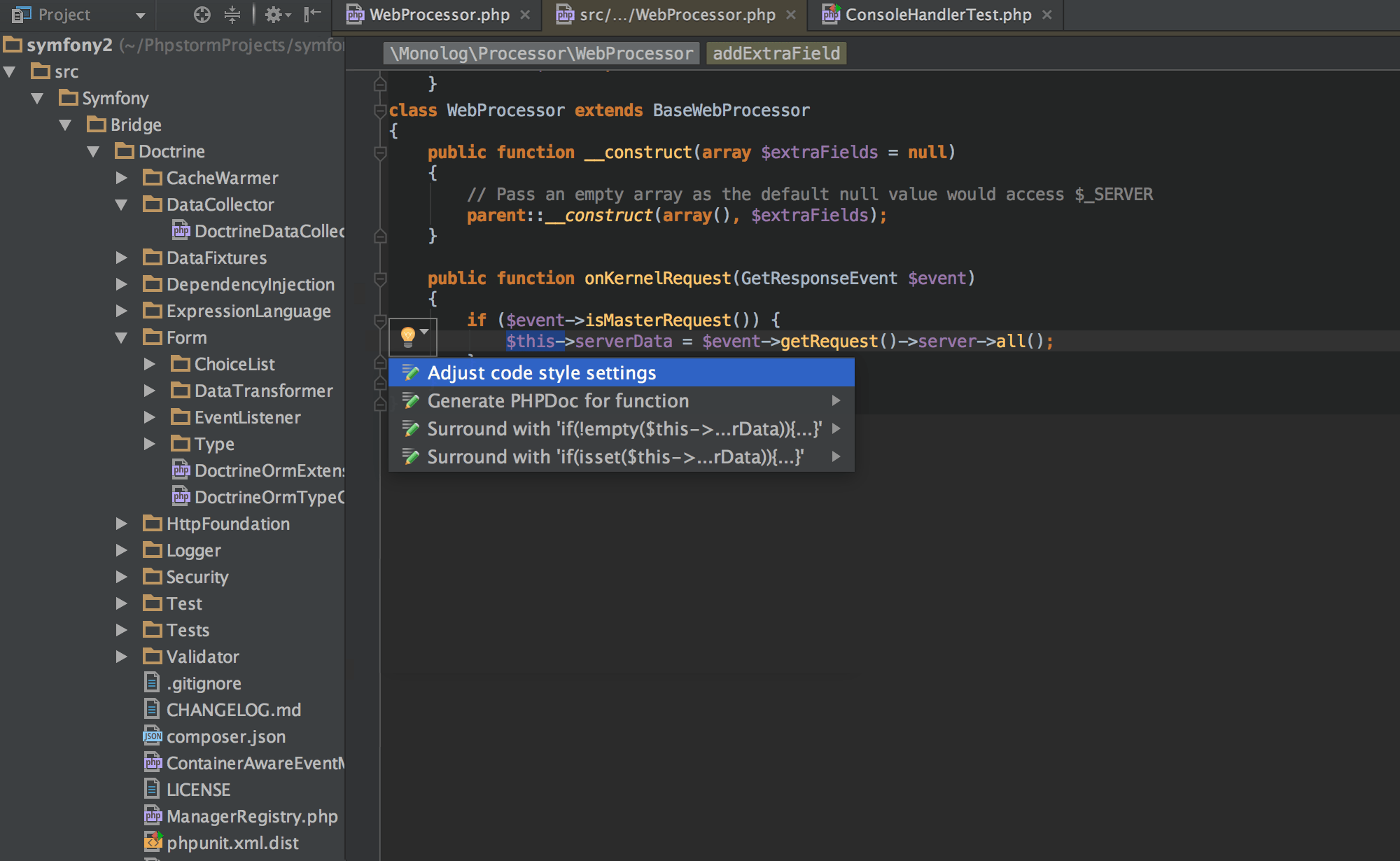

Value of the placeholder (potentially replacing any previous content). Is appended to the list of current content in the placeholder if SET, captured content is used as the sole $type should be one of the Placeholder constants APPEND or SET. Placeholder view helper allows you to capture arbitrary content for later rendering using the following API.ĬaptureStart($type, $key) begins capturing content. Occasionally you may have content for a placeholder in a view script that is easiest to template the placeholder ( 'foo' ) -> bar = $this -> data ?> placeholder ( 'foo' ) -> bar ?> placeholder ( 'foo' ) echo $foo ?> Of spaces will be used if a string is passed, the string will be used.

setIndent($prefix) can be used to set an indentation value for content.To determine what the current setting is. setSeparator($prefix) sets text with which to separate aggregated content.Use getPostfix() at any time to determine setPostfix($prefix) sets text with which to append the content.setPrefix($prefix) sets text with which to prefix the content.In addition, it offers a variety of methods for formatting the content stored in the The Placeholder view helper uses containers that extend ArrayObject, providing a rich featureset for Variable array from which you wish to retrieve messages to display later a later view script can then determine For instance, your view script may have a placeholder ( 'foo' ) -> set ( "Some text for later" ) ?> placeholder ( 'foo' ) // outputs "Some text for later" ?>Īggregating content via placeholders can be useful at times as well. Let’s assume the following partial view script: Items in the iterator may be any model the Partial view helper allows. It then iterates over this, passing, the items to the partial script as It allows you to pass an iterable item (array or object The PartialLoop view helper helps solve this issue. Performance impact, as the partial helper needs to be invoked once for each iteration. Put large blocks of repeated content or complex display logic into a single location. Typically, you’ll want to use partials in a loop, to render the same content fragment many times this way you can Using PartialLoop to Render Iterable Models Retrieving values from parent or dependent rows).
Zend json helper full#
Have full access to your row objects within the view scripts, allowing you to call methods on them (such as This technique is particularly useful when passing Zend\Db\Table\Rowsets to partialLoop(), as you then * converted to an attribute name and value.// Tell partial to pass objects as 'model' variable $view -> partial () -> setObjectKey ( 'model' ) // Tell partial to pass objects from partialLoop as 'model' variable // in final partial view script: $view -> partialLoop () -> setObjectKey ( 'model' ) * array $attribs From this array, each key-value pair is * Converts an associative array to a string of tag attributes. Print Json::encode(\Whathood\Spatial\Util::multiPointToGeoJsonArray(new WhMultiPoint($points))) \Zend\Debug\Debug::dump(get_class($points))
$this->logger()->info(sprintf("got consensus in %s seconds %sms per point", $consensus_seconds, round($consensus_seconds / count($points) * 1000, 2))) $consensus_seconds = $timer->elapsed_seconds() $consensus_col = $this->m()->electionMapper()->buildElectionPointCollection($points) $timer = \Whathood\Timer::start('election') If (empty($neighborhood_name) or empty($region_name) or empty($grid_resolution)) ") $grid_resolution = $this->getRequestParameter('grid-res') $region_name = $this->getRequestParameter('region') $neighborhood_name = $this->getRequestParameter('neighborhood') * return geojson representation of test points given either


 0 kommentar(er)
0 kommentar(er)
